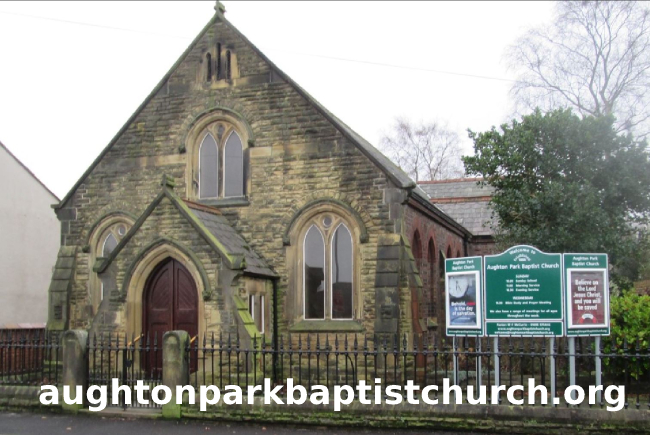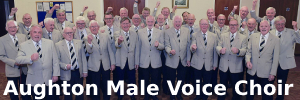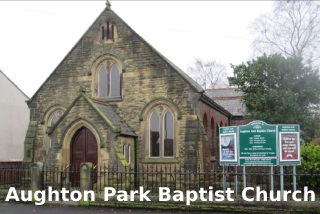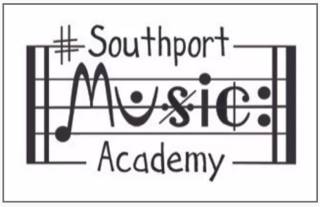North West Ambulance Service (NWAS) along with St John Ambulance and British Red Cross took part in the UK’s biggest ever mass CPR training event on Restart a Heart Day - 18 October 2016 - by giving lessons in life saving to almost 20,000 young people from secondary schools across the North West.
Restart a Heart Day was spearheaded by Resuscitation Council UK – a professional body that aims to improve cardiac arrest survival rates – which, for the first time, set the country’s ambulance services a target of training over 100,000 people in the UK in basic life support skills in one day.
Almost 300 staff and volunteers from NWAS, St John Ambulance, British Red Cross and other partners including fire and rescue services, gave up their own time to provide free life-saving CPR lessons on the day.
There were 56 schools involved in the North West. Each school was visited by a small group of volunteers who delivered one hour sessions to different class sizes throughout the day. A short presentation outlining how to act in a cardiac arrest situation was provided to each class. This was followed by a practical element where every young person got to test out their #CPRhands on a ‘Mini Anne’ CPR manikin.
Complementary Resources Manager at North West Ambulance Service, David McNally, said: “We are thrilled 55 schools signed up to our lesson in lifesaving on Restart a Heart Day, because it is a sad fact that cardiac arrest kills people of all ages and from all walks of life.
“80 percent of out of hospital cardiac arrests occur in the home, so knowing what to do in this extreme emergency situation cannot be underestimated.
“In a cardiac arrest situation, the only way a person can survive is with CPR and defibrillation. These are simple skills to learn which really do save lives.”
Over 30,000 people have cardiac arrests outside of hospital in the UK every year. If this happens in front of a bystander who starts CPR immediately before the arrival of paramedics, the patient's chances of survival double.
Currently in the UK, where there is no basic life support training on the national curriculum, less than one in ten people (8.6%) survive a cardiac arrest. In places such as Norway, where CPR is taught in schools, survival rates are 25%. If this was achieved in the UK, an additional 5,000 lives could be saved each year.
|
|
||||||
|
WANTED: YOUR NEWS AND STORIES FOR ORMSKIRK
Phone / Txt Roger on 0754 3955 841 Email local news to us including image(s) ormskirk@qlocal.co.uk Follow / Report to us on Twitter @QlocalOrmskirk
WANTED: YOUR NEWS AND STORIES FOR ORMSKIRK
Phone / Txt Roger on 0754 3955 841 Email local news to us including image(s) ormskirk@qlocal.co.uk Follow / Report to us on Twitter @QlocalOrmskirk 

Check Todays Deals on Ebay.co.uk Your Comments:
Custom Search

|
You are in:
UK /
Ormskirk / North West
Find any Town in the UK, or Use UK map Local Google MAP for Ormskirk Check Todays Deals On Amazon.co.uk Check Todays Deals on Ebay.co.uk 



Qlocal Supports Woodlands Animal Sanctuary 

 Be Seen - Advertise on Qlocal Corporate Sponsors
Southport Piano and Music Academy Washroom Services Maximum Grounds Maintenance Southport Garden Services Ormskirk Garden Services Sanitary Bins Nappy Bins & Waste Disposal Confidential Shredding Services Legionella Risk Testing London Washroom Services Croydon Washroom Services Hounslow Washroom Services Wandsworth Washroom Services Havering Washroom Services Sanitary Bins London Clinical Waste London General Waste London Legionella Testing London Shredding London Tatoo Waste London Preston Bird Control Blackpool Bird Control
UK, Local Online News Community, Forums, Chats, For Sale, Classified, Offers, Vouchers, Events, Motors Sale, Property For Sale Rent, Jobs, Hotels, Taxi, Restaurants, Pubs, Clubs, Pictures, Sports, Charities, Lost Found
ormskirk,
ormskirk News,
|
|||||
|
|
|
|





 Reply With Quote
Reply With Quote

